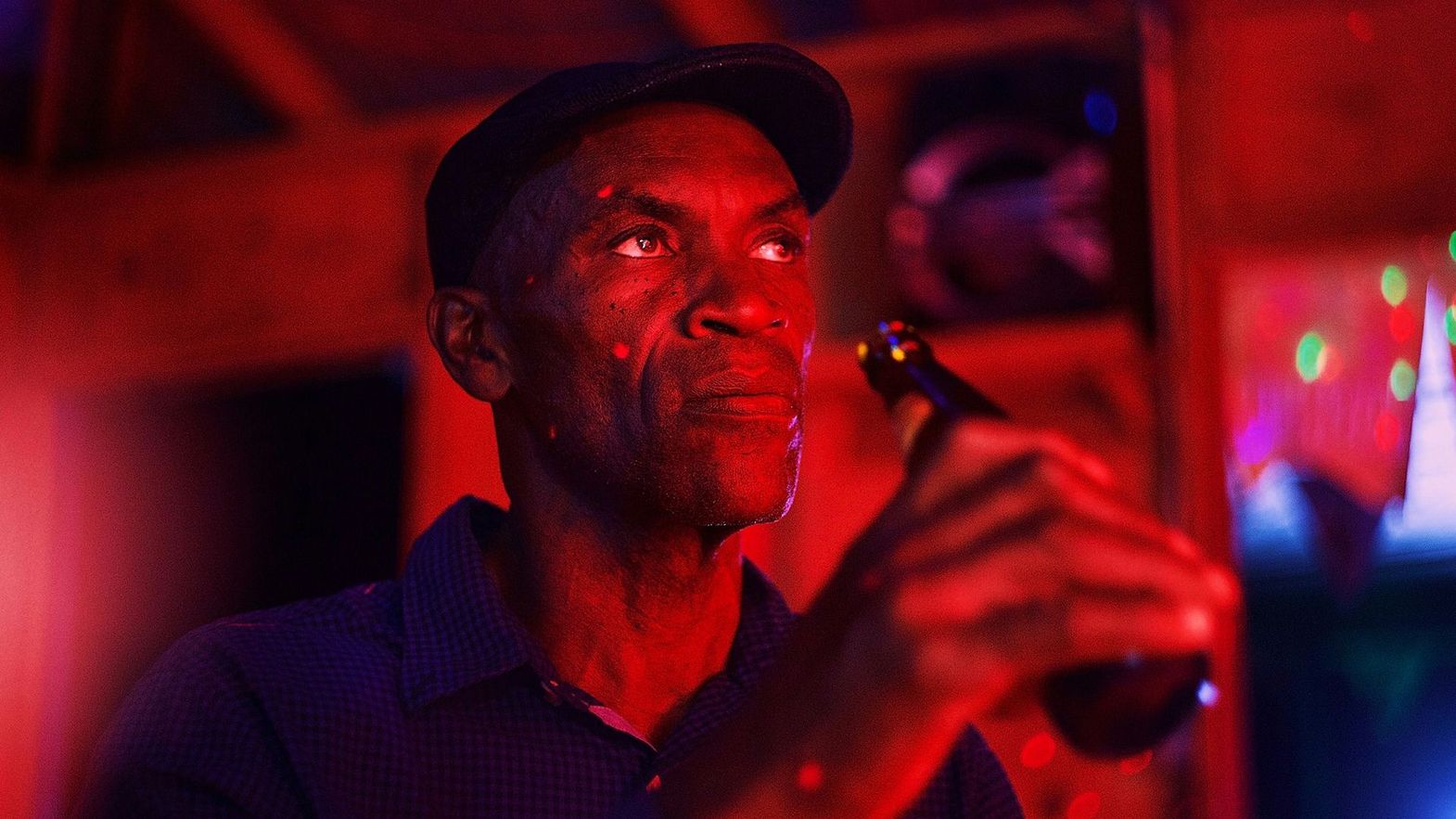He started as an actor, before moving on to directing short films and is now making his feature film debut. Gibrey Allen left his homeland of Jamaica for New York, and returns now to tell a story deeply linked to his country, to its vices more than to its virtues. A human and intimate story, that of a father in silent search, full of noble dignity, of some response to the tragic death of his son, kicked and punched simply because he was homosexual. Precisely the complex everyday life of the LGBTQ+ community is at the center of the concerns of a Caribbean country so close to the beach, even metaphorically, as the title says, but which keeps away from a liberating catharsis that clashes with crime, prejudice and intolerance. Allen aims for the heart of the viewer, avoiding didactic lessons: the victim is a local celebrity in an area in which Jamaica excels; athletics. But it is above all the elaboration of a murder that is still considered acceptable for many, because homosexuals are considered second-class citizens. To all this the institutions react with fine words but remain unable to respond with action, despite the pressing attempts of the father to obtain information on the investigation. Even religion does not go beyond the hypocrisy of the façade, a superficial sympathy that invokes messages of total solidarity, only to then impose a funeral at the cemetery, without being granted the church, "due to the life he led".
The silence of everyday life is striking, immersed in a hypnotic atmosphere marked by nature, in an evident reference to the contemplative cinema of Terrence Malick. The dialogues are sporadic, leaving room for the wind and long-habitual gestures, linked to his demanding work as a farmer. Meanwhile, the continuous cycle of news through the radio provides uncomforting information about the investigation related to the murder, as the funeral approaches, another son comes to share the mourning. Life goes on and the hope that something will change fades.
Mauro Donzelli
